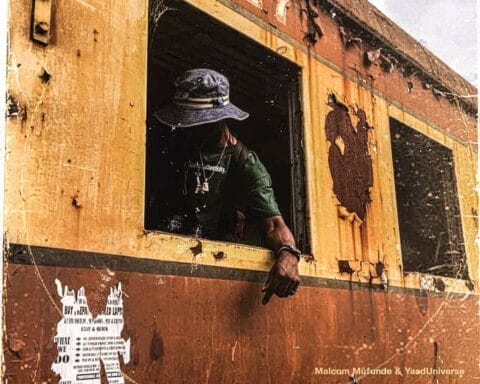Lobola / Roora is the customary token paid by the groom-to-be when he is about to marry his bride- to- be to his in-laws. Paying the bride price or roora is an acceptable way in the Zimbabwean culture for a groom to ask for his bride’s hand in marriage. Also, this token is for appreciation to the bride’s parents for raising the bride-to-be and to unite the two different families.
Bride price or Roora is split into categories eg makandinzwanani, matekenya ndebvu, kunhonga, kupinda mumusha and rusambo. Some of these categories may not appear on every list depending on culture and religion of the families.
Background
Traditional
In traditional Zimbabwe, iron age century, roora was paid using a hoe. The hoe was obtained from the well-known iron smelters, the Mbire people in the Hwedza mountains. The hoe was the most accepted symbol of payment of lobola. When a man failed to present a hoe, or badza, as lobola in marriage, he asked for kutema ugariri, meaning he would stay and work for his bride until the father-in-law was satisfied with his labour then he would be given his bride.
Religion
The Christians quote their book, Bible to trace back the origins of kutema kugarira. The Biblical Jacob in the Old Testament worked seven years for his bride Rachel. Then Laban, his father-in-law, cheated and gave him Leah instead because it was not proper for a younger sister to get married before the older sister did. Because Jacob loved Rachel so much, he worked for another seven years. In the end, Jacob worked for 14 years for Laban as lobola for his wives.
However, with urbanisation, the roora system moved from kutema ugariri and submission of a hoe to monetary payments, livestock (mostly cattle) and groceries.
The Dowry; Bride Price
A dowry is the money or goods that a bride’s family gives to her new husband and/or his family when they are married. Other terms associated with the exchange of wealth during a marriage are “bride price” and “dower.”
The History of the Dowry
The parental giving of a dowry in exchange for a daughter’s hand in marriage is an ancient custom that has been practiced all over the world. It continues in some parts of the world today. Many cultures still expect, or in some cases, demand a dowry as a condition to accept a marriage proposal. This is still practiced in some areas of Asia, Northern Africa, and even certain regions of Europe. The tradition of a dowry has decreased over time and it is no longer a common custom in developed countries or urban areas.
During the wedding ceremony, the custom of giving away the bride was an acknowledgment that the dowry had been negotiated and the bride had her father’s blessing. In ancient times, a hefty dowry could serve to increase the desirability of a woman for marriage. Men could potentially consider a marriage proposal based on the size of their expected dowry to build power and wealth for their own families.
In certain cultures such as Ancient Rome, the father was required to provide every daughter with a dowry appropriate to his means. If a father was unable to give a reasonable dowry for his daughter’s hand, a relative or family friend might offer to help them out and provide the dowry on his behalf.
The Purpose of a Dowry
In ancient times, a dowry was given to the groom and his family in exchange for the bride as a way of ensuring that she is properly taken care of and comfortable. In those times, it was also expected that the bride would leave her family home to reside with or near her new husband’s family. This gift would serve to provide a bit of financial security in the case of widowhood and was thought to eventually provide for the couple’s future children as well. A dowry could also be considered a conditional offering that would be expected to be returned in the case of divorce, abuse, or another mistreatment of the bride.
The dowry is intended to help set up the couple’s new household, especially in cultures where it is rare for a woman to work outside the home. If a woman died without having any sons, her husband would have to return the dowry to the bride’s family, deducting the value of the bride price. The bride is also entitled to her entire dowry after her husband’s death and the dowry is only inheritable by her children.









